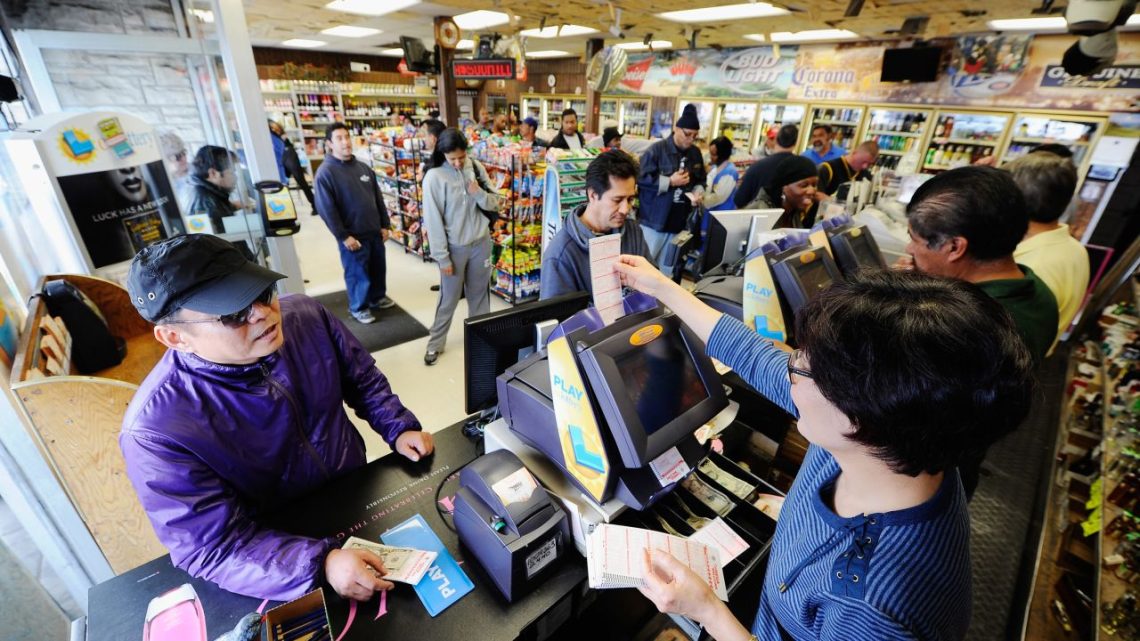Lotteries have long captivated the human imagination. The allure of hitting the jackpot, transforming one’s life overnight, has a universal appeal that transcends borders and cultures. But what lies beneath the surface of lottery participation? What drives individuals to partake in games of chance with odds stacked against them? The psychology behind keluaran macau player behavior is a captivating tapestry woven with various motivations, emotions, and cognitive biases.
The Hopeful Dreamers
At the heart of lottery participation lies hope. The dream of a better life, financial freedom, and the ability to fulfill long-cherished desires drives many to purchase tickets. Psychologically, this is linked to the concept of ‘optimism bias.’ Despite the odds being overwhelmingly against them, individuals believe in their chances, buoyed by the tantalizing prospect of ‘what if.’
The Influence of Social Factors
Peer influence and societal norms play a significant role. When jackpots soar and capture public attention, a phenomenon known as ‘lottery fever’ often ensues. As more people participate, the perceived social pressure to join in intensifies. Additionally, group participation, such as office pools or family syndicates, further reinforces the communal aspect of playing the lottery.
Escaping the Mundane
For some, purchasing a lottery ticket isn’t merely about the jackpot; it’s an escape from routine. The act of fantasizing about the possibilities, even momentarily, provides a mental respite from daily stressors. Psychologically, this escapism is akin to daydreaming or indulging in a mental vacation.
Cognitive Biases at Play
Lottery participation is intertwined with various cognitive biases. The ‘availability heuristic’ leads individuals to overestimate the likelihood of winning due to vivid media coverage of jackpot winners. Moreover, the ‘illusion of control’ bias makes individuals believe that certain actions (like choosing specific numbers or buying tickets from a certain store) can influence their chances, despite the lottery being purely random.
The Role of Regret and FOMO
Fear of Missing Out (FOMO) also plays a pivotal role. People fear the regret of not participating more than the regret of losing a small amount of money. This fear often drives them to purchase tickets, fearing the ‘what if I miss the winning ticket’ scenario.
When Hope Collides with Reality
However, as the excitement of anticipation wanes and the draw results unfold, reality often sets in. Disappointment is a common emotional response, yet paradoxically, many individuals tend to reinvest in subsequent draws, continuing the cycle of hope and anticipation.
Understanding the intricacies of lottery player behavior sheds light on the complexity of human decision-making, our relationship with risk, and the power of hope and imagination. It’s a reminder that, beyond statistics and odds, emotions and human psychology profoundly influence our actions.





